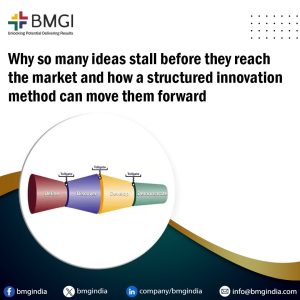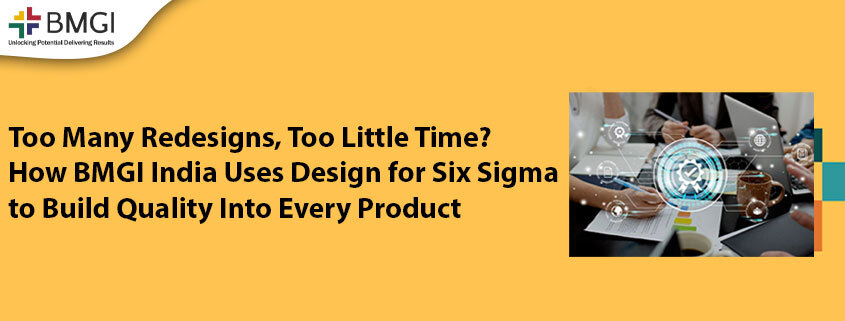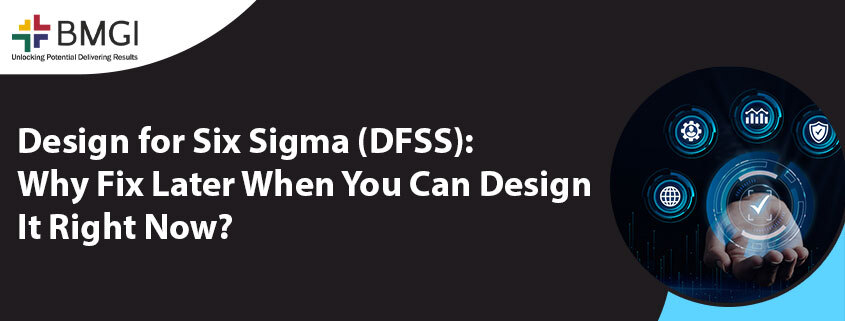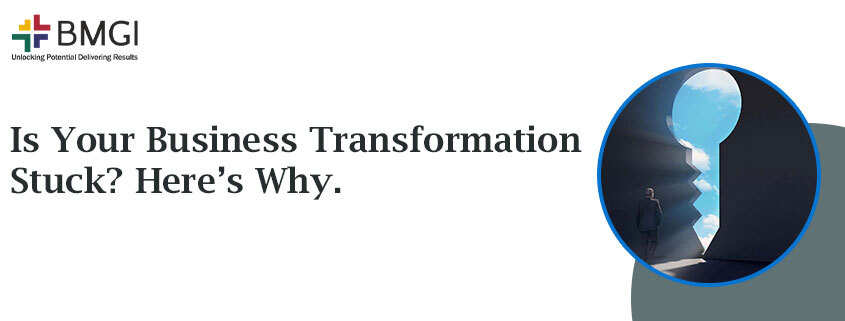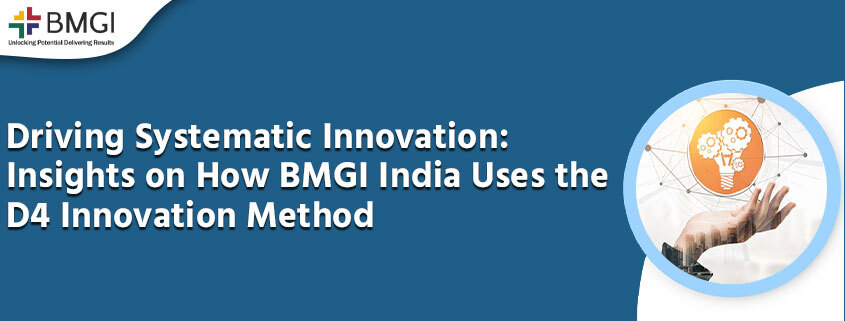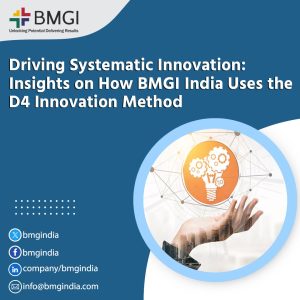Volatility in the oil and gas sector is not an exception. It is structural. Price fluctuations, demand uncertainty, feedstock variability, regulatory pressure, and unplanned disruptions are now part of normal operations. The real challenge for leadership is not reacting to volatility, but designing operations that remain stable, safe, and productive despite it.
The most resilient oil and gas organizations treat volatility as an operational design constraint, not a market problem alone. They embed flexibility into processes while protecting two non-negotiables: safety and throughput.

Volatility Is an Operational Problem, Not Just a Market Problem
Many organizations still attempt to manage volatility primarily through commercial levers such as hedging, supply contracts, or short-term production cuts. While necessary, these measures do little to protect plant-level performance.
Operational volatility shows up as:
- Frequent changes in operating rates
- Unstable process parameters
- Reactive maintenance
- Increased human intervention
- Higher safety exposure during transitions
Leaders who outperform focus on process excellence and operational discipline to absorb volatility without constant firefighting.
Designing Processes That Remain Stable Under Stress
High-performing oil and gas operations invest heavily in process stability before chasing higher throughput.
Key practices include:
- Diagnosing value streams to identify where volatility creates bottlenecks or safety risks
- Tight definition of standard operating windows instead of broad control limits
- Reducing variation in critical process parameters using statistical methods
- Aligning upstream and downstream processes to prevent shock transfer across units
By reducing internal variability, plants can respond to external volatility with fewer operational adjustments.
This is where Six Sigma and Lean operations play a practical role, not as improvement programs, but as day-to-day operating systems.
Safety as a System Outcome, Not a Compliance Activity
In volatile environments, safety incidents rarely come from a single failure. They emerge from:
- Unstable processes
- Poorly defined handovers
- Overloaded operators
- Temporary workarounds becoming permanent
Leaders who maintain strong safety performance focus on building world-class procedures that hold up during abnormal conditions.
What they do differently:
- Design procedures for transient states, not just steady-state operations
- Reduce cognitive load on operators through visual management and error-proofing
- Link safety metrics directly with process performance metrics
- Treat near-miss data as a signal of process weakness, not human error
Safety improves when processes are predictable and controllable, even when demand or supply is not.
Protecting Throughput Without Overstretching the System
Throughput losses during volatile periods are often self-inflicted. Plants either push too hard and destabilize operations or pull back excessively to “stay safe.”
Advanced leaders take a more measured approach:
- Identify true capacity constraints instead of perceived ones
- Use capacity optimization models grounded in actual process behavior
- Separate nameplate capacity from safe operating capacity under different scenarios
- Build flexibility into maintenance planning to avoid forced shutdowns
The goal is not maximum throughput at all times, but consistent throughput with fewer disruptions.
Strategy Deployment That Connects the Field to Leadership Intent
Volatility exposes gaps between strategy and execution. Leaders may want stability, but the organization reacts locally and inconsistently.
This is where strategy execution using Hoshin Kanri and balanced scorecard becomes critical:
- Strategic priorities are translated into measurable operational objectives
- Trade-offs between safety, throughput, and cost are explicitly defined
- Frontline teams understand which decisions they can make autonomously during disruptions
- Performance measurement focuses on leading indicators, not lagging results
When strategy is dynamic and clearly deployed, teams respond faster and with better judgment during uncertainty.
Solving Core Problems Instead of Managing Symptoms
Temporary fixes dominate volatile environments. Bypasses, manual controls, and exceptions become routine.
Resilient organizations invest time in solving core business problems:
- Applying structured problem-solving methods rather than opinion-based fixes
- Using data to identify root causes of instability
- Redesigning processes instead of adding controls
- Eliminating recurring firefighting cycles
Methods such as Lean, Six Sigma, and TRIZ are selected based on the nature of the problem, not forced as a standard template.
Building Long-Term Operational Resilience
Managing volatility is not about heroics. It is about building systems that perform reliably under pressure.
Oil and gas leaders who succeed:
- Focus on process excellence before scale
- Reduce variation instead of chasing short-term output
- Treat safety and throughput as interdependent outcomes
- Make strategy execution a continuous process, not an annual exercise
This disciplined approach allows organizations to remain faster and responsive while protecting people, assets, and margins.
The Role of Expert Consulting Support
Organizations often know what needs to improve but struggle with execution across complex operations. This is where experienced operational excellence partners add value.
BMGI India supports oil and gas organizations by refining existing strategic frameworks, diagnosing value streams, and driving measurable improvements in safety, throughput, and operational efficiency through structured, method-agnostic consulting approaches.
By focusing on process excellence and long-term capability building, leaders can show that volatility does not have to come at the cost of safety or performance.







